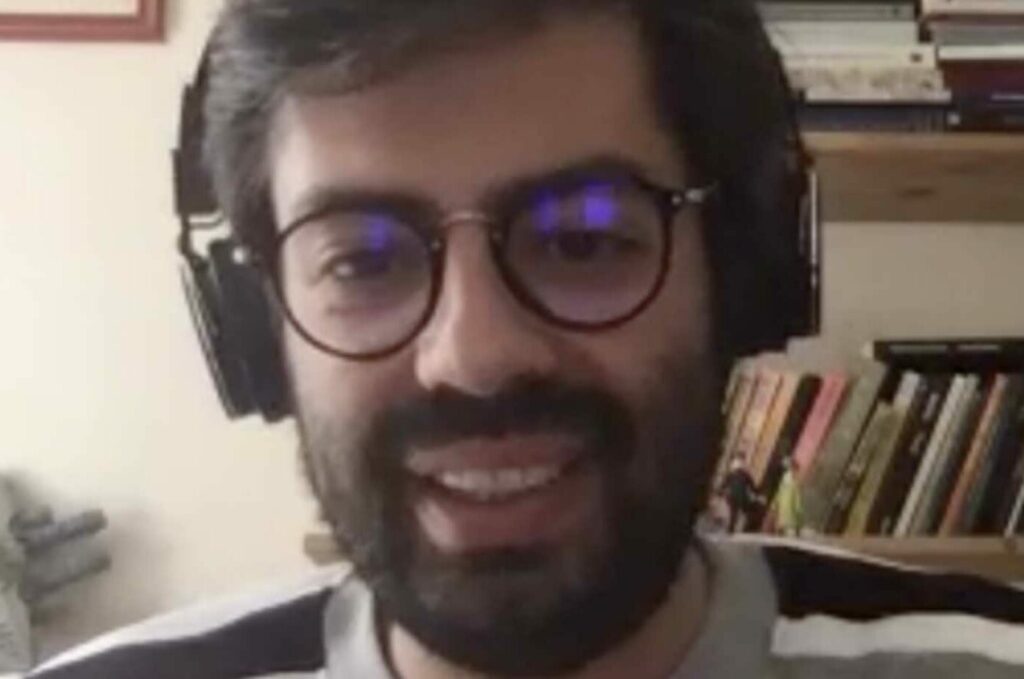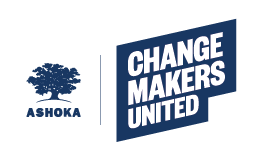News:
“We see information and freedom of the press
as a systemic problem”.

3rd May is International Press Freedom Day. Independent and free media such as newspapers, television, radio and also internet media belong to the fundamental rights of democratic countries. They should inform the public independently and accurately about current developments, point out grievances and contribute to the formation of public opinion through criticism and diverse discussion. A conversation with Ashoka Fellow Mehmet Atakan Foca who is also part of Changemakers United.
Ashoka: What does freedom of the press mean to you? And why is it important?
Mehmet: Press freedom is one of the most important things to build a strong media ecosystem in Turkey as well as in the rest of the world. Countries that have a free media environment are the countries that have quality journalism. We believe that quality journalism goes hand in hand with impact-oriented journalism. Of course, freedom of expression is crucial for press freedom. But I think parts of freedom of the press are: professionally well-equipped journalists, an economically thriving media ecosystem, journalists having free access to the information they need, journalists enjoying legal protection. As you can see, the issue comes down to the relationship between journalists and information. The concept of journalism, which includes journalists being able to access, process and store the information they need, is very central to press freedom. In this sense, freedom of the press is about the impact of journalists and media who can set the agenda and provide accurate information and context to their audience. This is one part we are trying to do at Teyit.
Where do you see the freedom of the press currently in danger?
The common definition of freedom of the press is the free access to and dissemination of information. However, it is not possible to say that it is exactly internalised. Existing economic, legal and political constraints prevent journalists from accessing and sharing information with their audiences. The crucial point that threatens the freedom of the press lies in its relationship to information.
How can we manage to overcome these problems?
Unfortunately, there is no magic formula to overcome these problems. Rather, I believe that there are many aspects that need to be improved. Among the most prominent are: the quality of democracy, the economic independence of the media ecosystem, the creation of sustainable business models for journalism, professionally well-equipped journalists, critical digital literacy for internet users.
Where does your organisation’s work come in?
At Teyit, we are struggling to create new ways to establish a healthy relationship between journalists and internet users with information. Fact-checking is only one way and only a starting point. But we see information and freedom of the press as a systemic problem and approach this issue from a systemic perspective. That is why we have an education programme for journalists, media and internet users. We aim to create ecosystem awareness by supporting sustainable business models that enable freedom and objectivity. We believe that these are important steps to improve the quality of freedom of the press. So we should look at press freedom as a whole and create new tools to achieve full-fledged freedom of the press.

